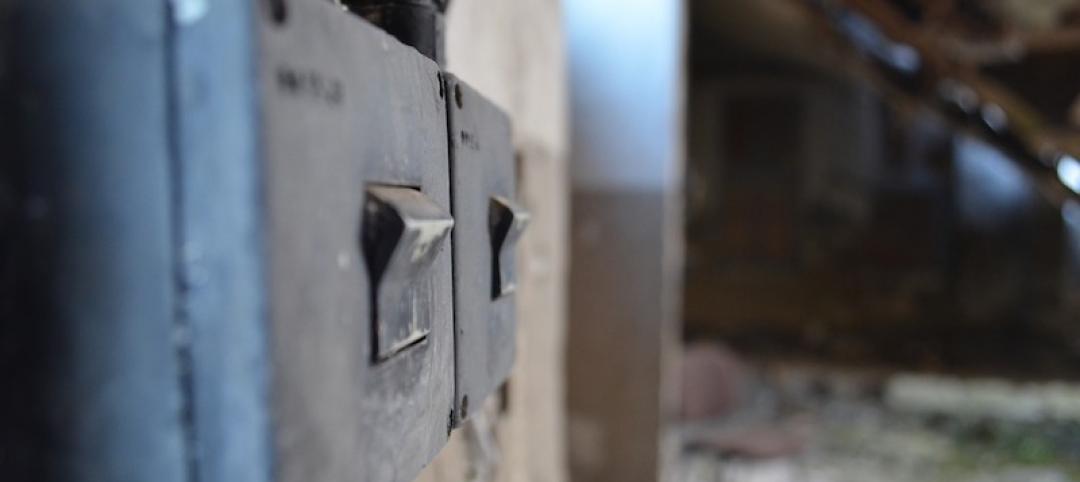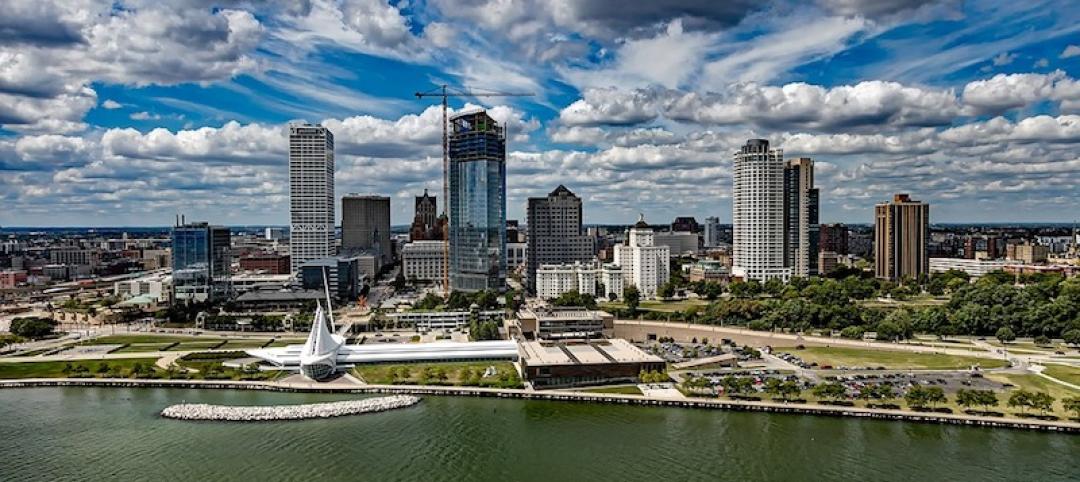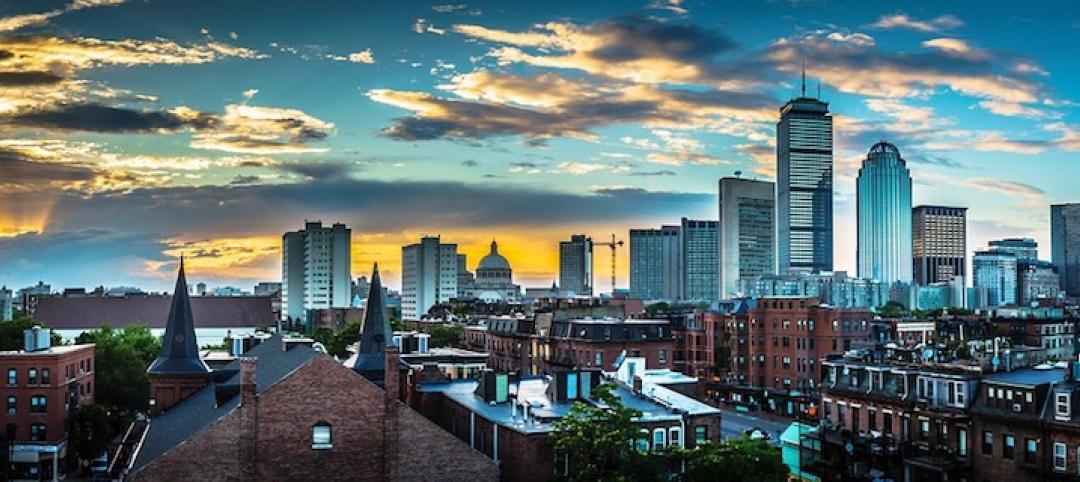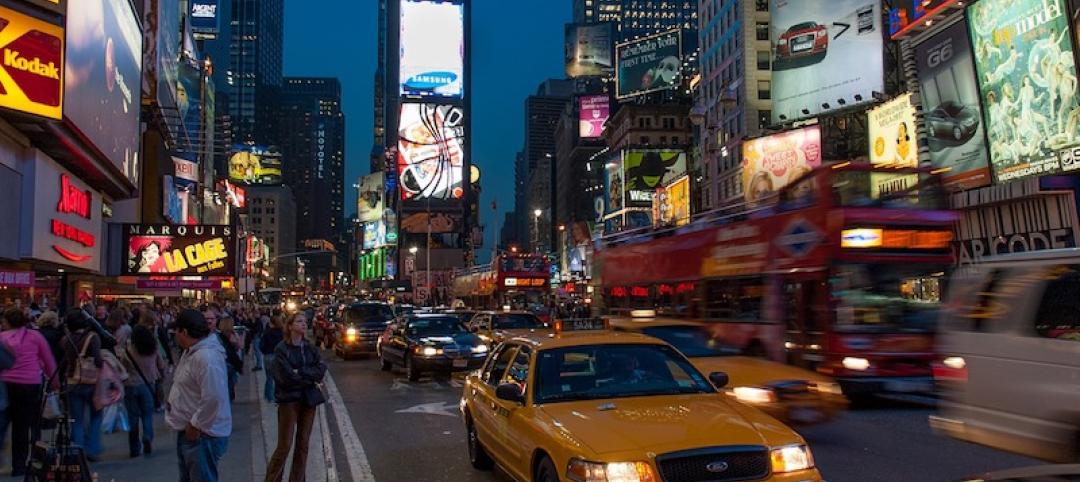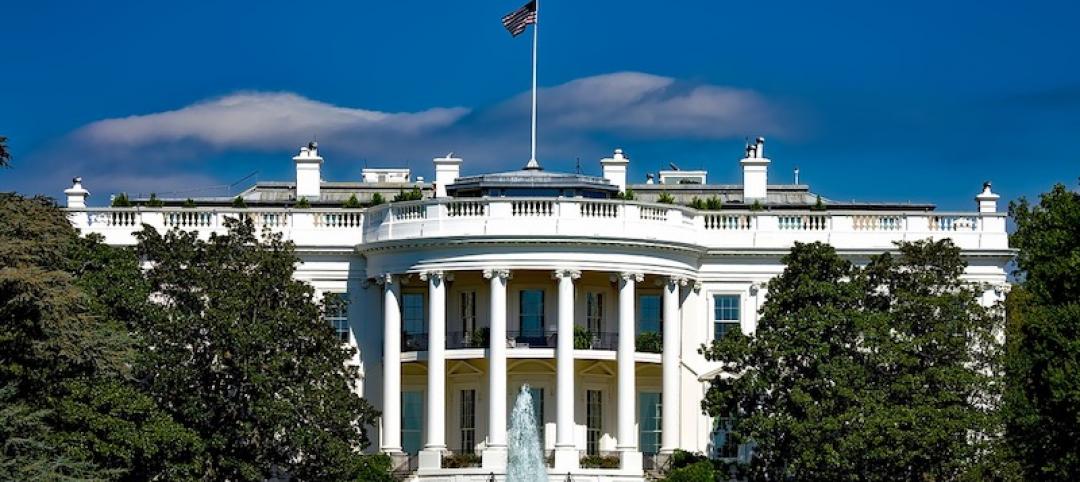At least 30 major U.S. cities have adopted stricter building energy codes since 2017, according to the 2019 City Clean Energy Scorecard released by the American Council for an Energy-Efficient Economy (ACEEE).
Since 2017, nine cities adopted more energy efficient building energy codes: Las Vegas, Mesa, New York, Philadelphia, Phoenix, Reno, San Antonio, St. Louis, and Tucson. Five cities successfully advocated for their states to adopt more stringent standards: Columbus, Cincinnati, Cleveland, Pittsburgh, and Seattle.
Another eight cities adopted efficiency requirements for existing buildings: Chicago, Denver, Minneapolis, New York, Reno, Salt Lake City, San José, and Washington, D.C. These changes will help address climate change, as residential and commercial buildings account for about 36% of total energy-related carbon dioxide emissions each year, ACEEE says.
Six states—Connecticut, Florida, Kentucky, Ohio, Pennsylvania, and Virginia—adopted updated codes that strengthened codes in 15 Scorecard cities. Three cities in the Northeast—Boston, New York, and Worcester, Mass., have all adopted stretch codes that go beyond baseline state codes.
Related Stories
Codes and Standards | Feb 7, 2019
New North Carolina energy code has extensive lighting control requirements
Includes automatic shut offs for buildings of all sizes.
Codes and Standards | Feb 6, 2019
Solar carports can help with California’s Title 24 mandates
Can be combined with virtual net-metering software and tax-enabled financing.
Codes and Standards | Feb 5, 2019
Milwaukee board approves rezoning for Western Hemisphere’s tallest mass timber building
Mixed-use tower would rise 21 stories high.
Codes and Standards | Feb 1, 2019
Mass. governor proposes real estate transfer fee hike for climate resiliency projects
Opposed by real estate and trade groups, plan could generate $1 billion in next decade.
Codes and Standards | Jan 31, 2019
New York City will reform construction bid process
Streamlined process intended to improve efficiency, reduce hassle for bidders.
Codes and Standards | Jan 30, 2019
New AGC program aims to diversify construction workforce
More diversity needed to keep pace with demand for workers.
Codes and Standards | Jan 29, 2019
Registration now open for LEED v4.1 for New Construction and Interior Spaces
Emphasizes human health and integrative building design.
Codes and Standards | Jan 25, 2019
AEC professionals should push for net zero projects
Educate and lead clients to more sustainable choices, says LEED fellow.
Codes and Standards | Jan 24, 2019
OSHA unaffected by federal government shutdown
Agency fully funded for first nine months of 2019.
Codes and Standards | Jan 23, 2019
Hackers can easily take control of construction cranes
Potential for serious harm is real, say researchers.



